Dans cette revue de liens vous trouverez des logiciels, services en ligne et extensions pour navigateurs regroupés sous le terme générique d’ « Outils » et des articles (universitaires, de journaux) et documents divers (présentations, tutoriels, vidéos…) sous le terme « Contenus ».
Vous pouvez retrouver ces découvertes « au fil de l’eau » sur mon compte Twitter ou sur mon profil Diigo (auquel vous pouvez vous abonner en créant votre propre compte ou en utilisant le flux RSS).
Et puis j’ai rajouté une catégorie musique. Parce que.
Bonne(s) lecture(s)/expérimentation(s)/écoute(s)
Outils
Wiselytics – service d’ analytics pour les réseaux sociaux
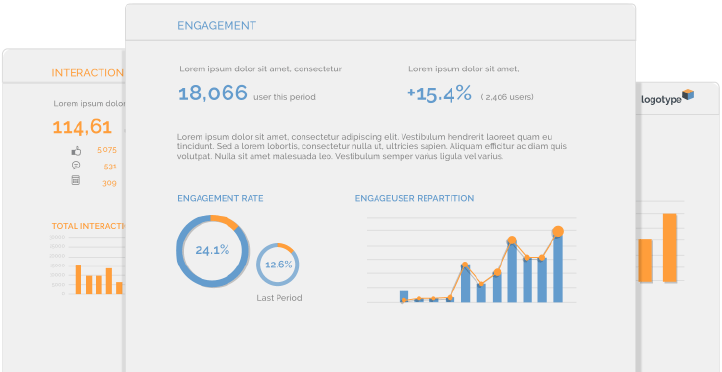
Winds – Agrégateur de flux RSS avec intelligence artificielle – Open source

Tline – Création et partage de timelines
Avec possibilité d’ajouter des photos. Facilité de partage ou de publication sur un blog.
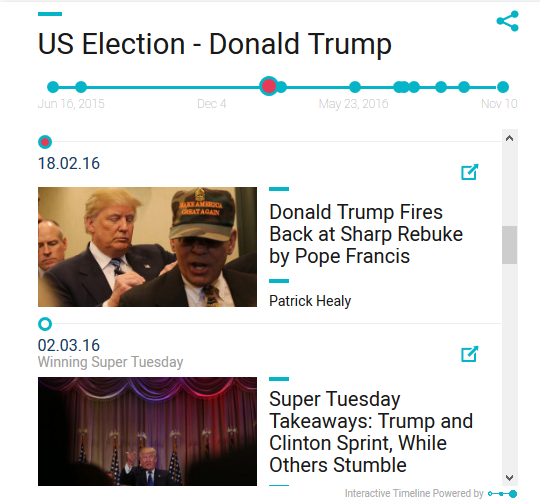
ReQueue – nouveau service d’automatisation de publications sur les médias sociaux

Nuremberg – Rechercher dans le documents du procès
Base de données
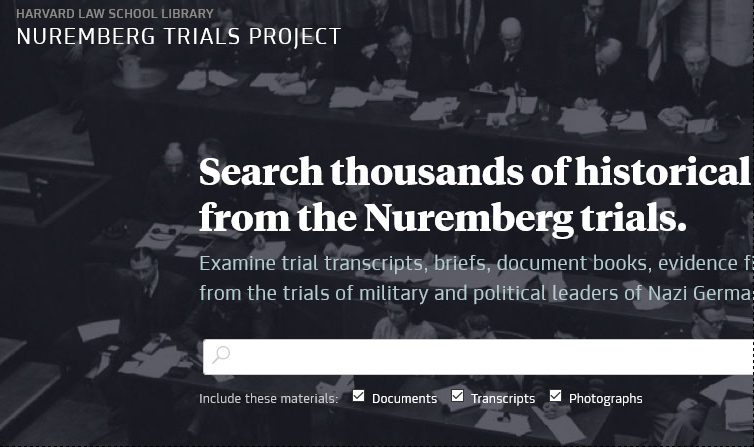
Calenture RSS Reader Pro – Pour Android – Via @RssCircus

Smash – service gratuit de partage de gros fichiers
OnlyOffice, alternative libre à Microsoft Office –
Installation sur serveur possible
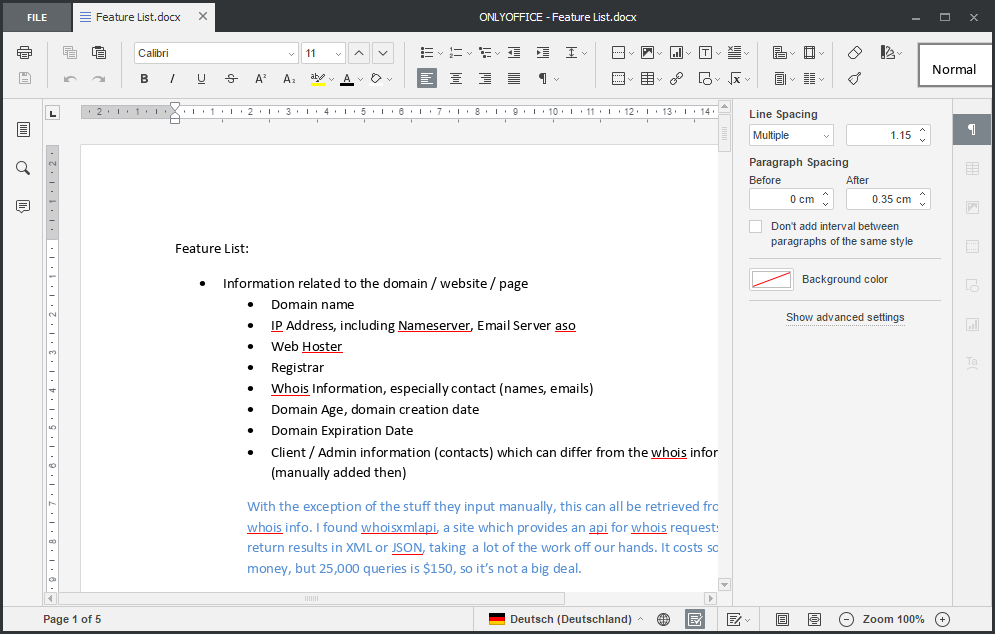
Eclips – Ext Chrome pour sauvegarder et éditer vidéos en ligne
Voir également mon précédent billet sur ce service
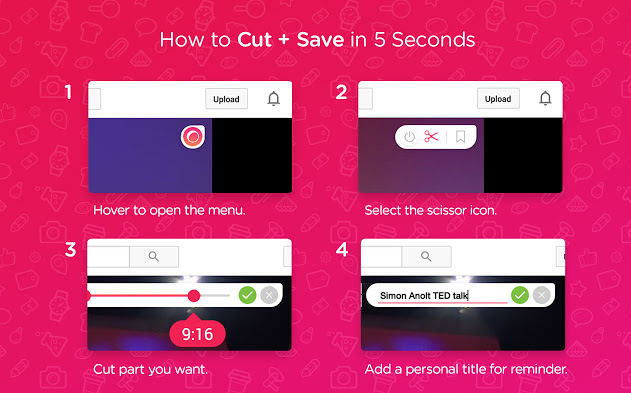
GetBulb. Datavisualisation à la portée de tous
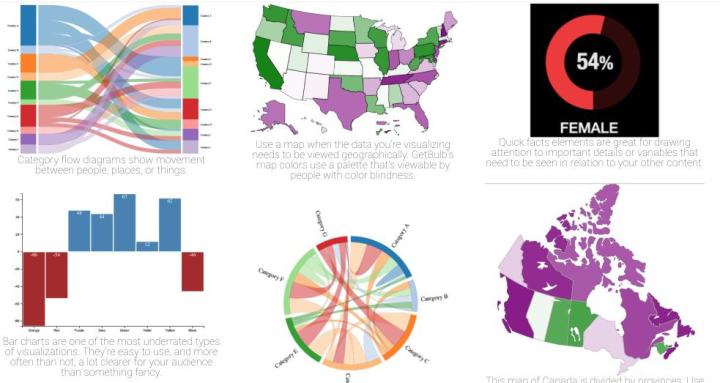
How To Copy Any Twitter List To Your Twitter Account
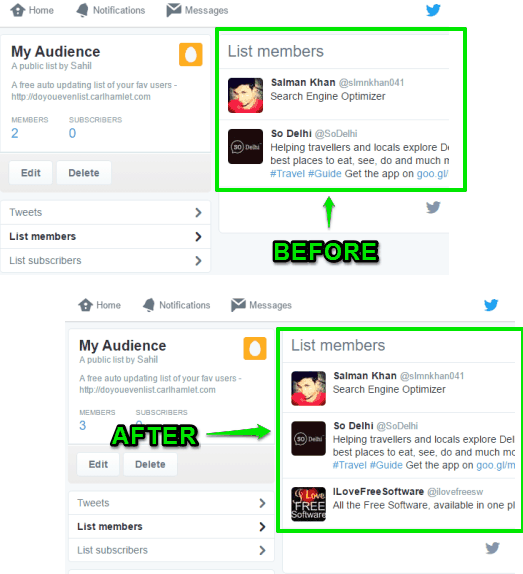
Dashlane : sécurisez et gérez vos mots de passe efficacement
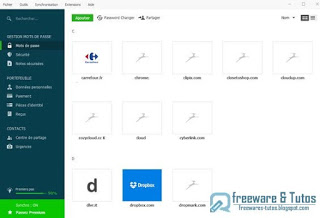
oaDOI : un DOI qui pointe vers la version en accès libre de la ressource
Pour trouver la version open access d’un article scientifique si elle existe
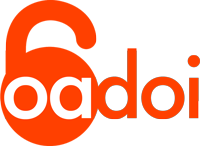
Potions Netvibes : Automatisez l’activité de votre page Facebook – via @RssCircus
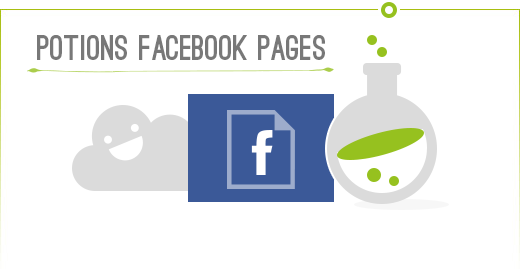
BeatStrap. Créer un live blog collaboratif fait de Tweets
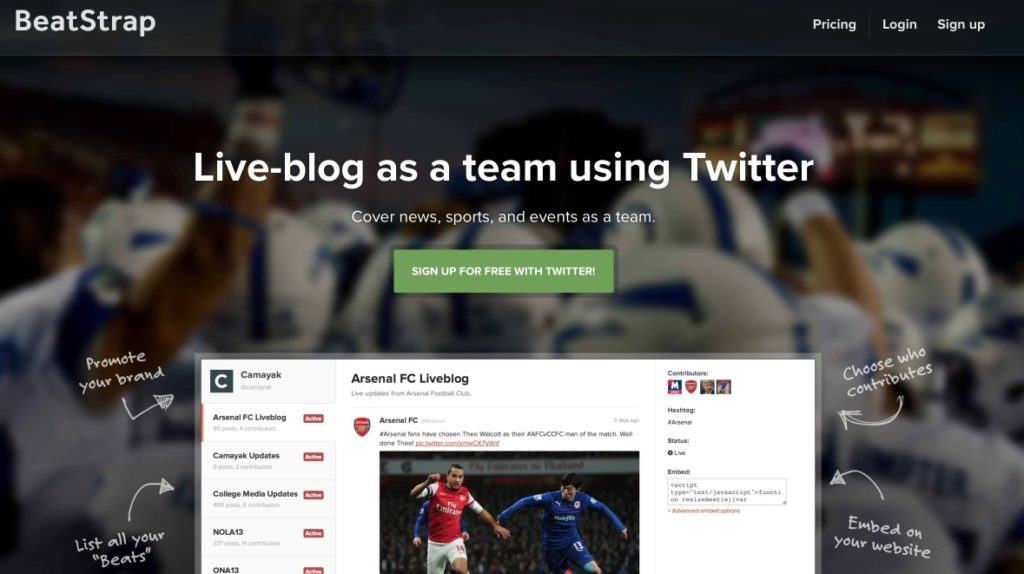
Dia, alternative Open source à Visio
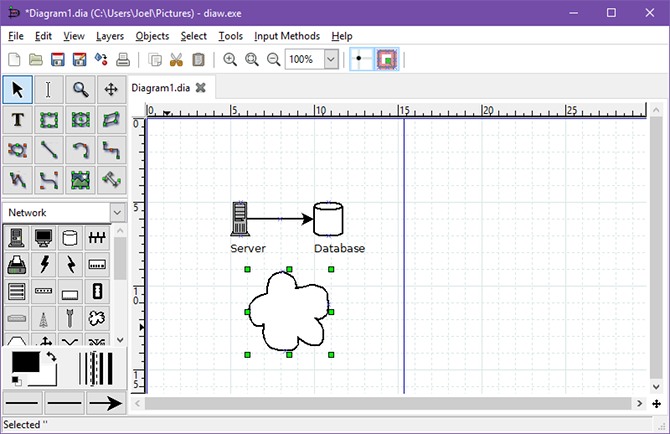
Online eBook Converter : un outil en ligne pour convertir des ebooks
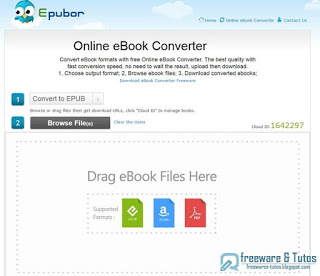
La liste complète des outils de sourcing en recrutement et RH – via @secou
Excellent. Très utile.
30+ free tools for #dataviz and analysis – Tableau comparatifgallery: 30+ free tools for data visualization and analysis | Computerworld
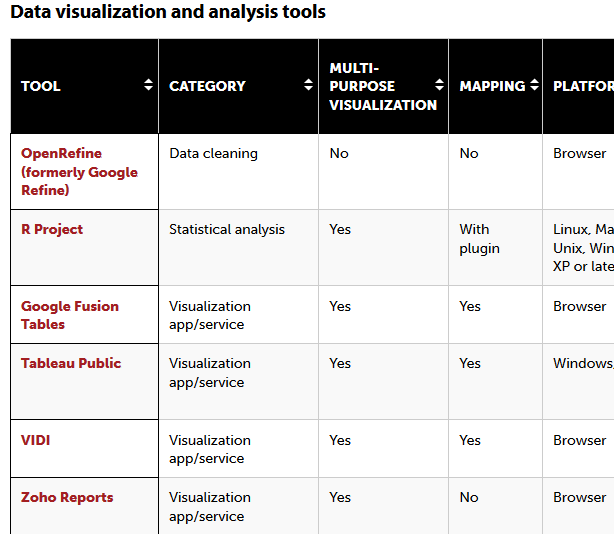
Une extension pour personnaliser WordPress en profondeur
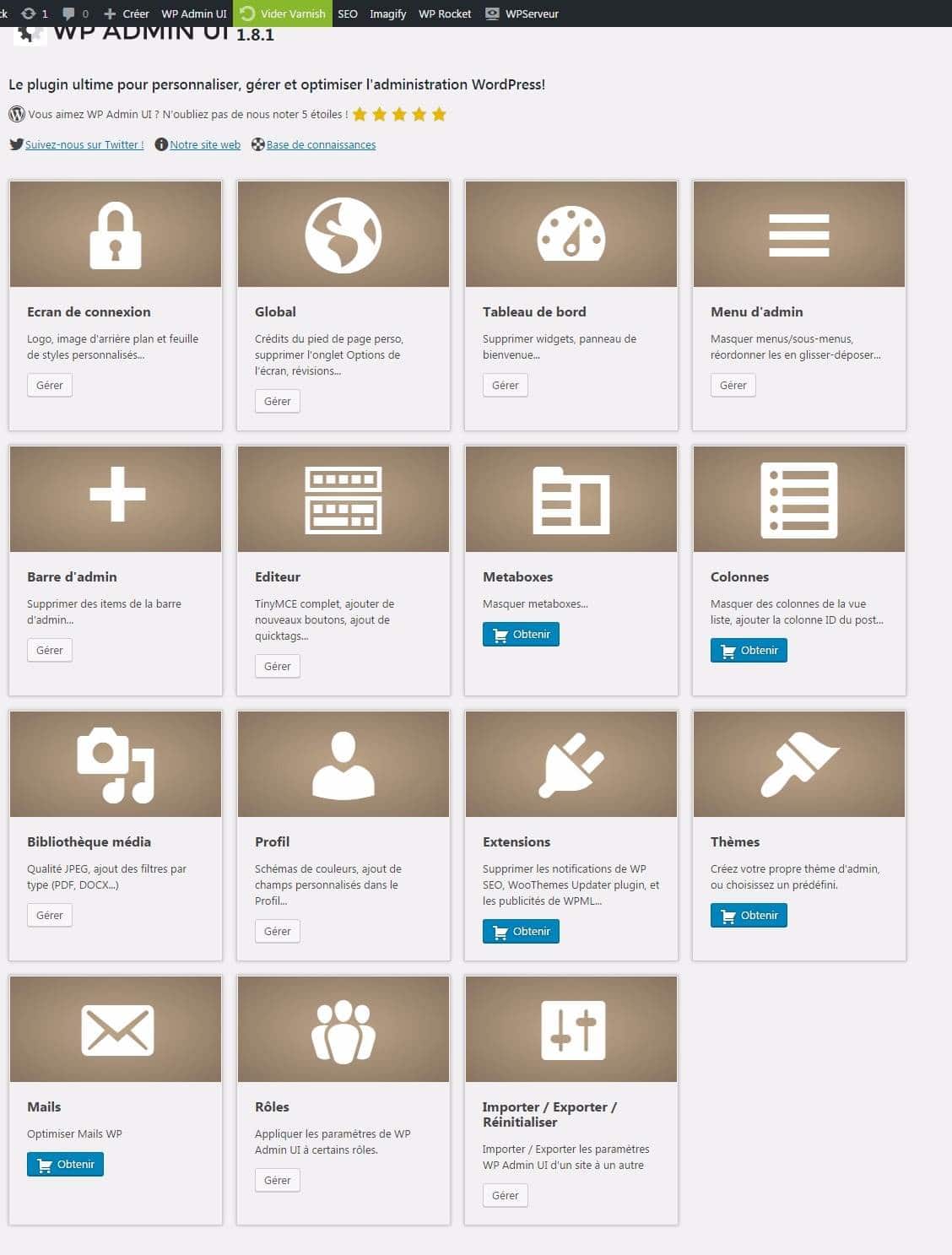
Lead Generator – Chrome Web Store
Pour trouver l’email d’une personne à partir de sa page LinkedIn et détecter si elle est prête à changer de job
Contenu
Les dérives de la publication dans les milieux de la recherche scientifique

Livre blanc Market Intelligence – Eclairez vos décisions stratégiques

Shades of gray : releasing the cognitive binds that blind us
Mémoire, 126 p. PDF
Intelligence économique et innovation au sein des entreprises familiales
Art. de recherche
Design Science Research for Personal Knowledge Management System Development
Art. de recherche
Social media leads some users to rethink a political issue – Pew Research Center
- Moreover, people who said they had changed their minds on these candidates often said that social media pointed their opinion in a more negative direction. Respondents who indicated they had changed their minds about Clinton were more than three times as likely to say that their opinion changed in a negative direction rather than a positive one (24% vs. 7%), and respondents who mentioned Trump were nearly five times as likely to say that their opinion became more negative as opposed to more positive (19% vs. 4%).
- Still, it is important to note that the majority of social media users are not swayed by what they see in their networks. Some 82% of social media users say they have never modified their views on a particular candidate – and 79% say they have never changed their views on a social or political issue – because of something they saw on social media.
- Overall, 20% of social media users say they’ve modified their stance on a social or political issue because of material they saw on social media, and 17% say social media has helped to change their views about a specific political candidate.
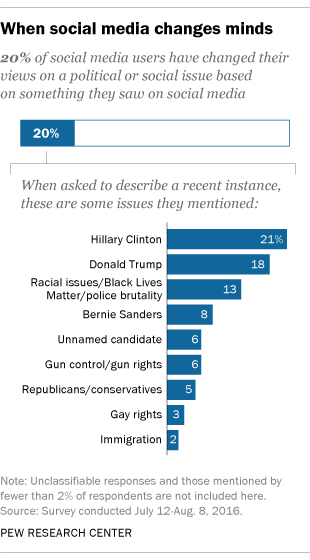
Video : All the Ways Dungeons and Dragons Can Prepare You For Real Life
Hé, hé 🙂

Advanced Analytic Techniques: Summary of Findings: Role Playing
Intelligence analysis
Méthode d’analyse des risques en 5 temps
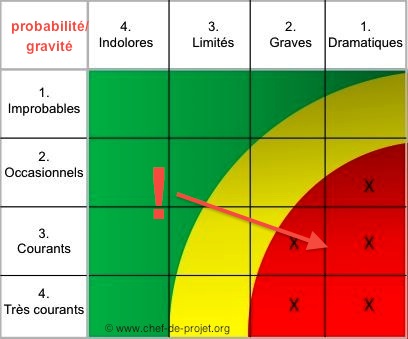
Improving Intelligence Studies as an Academic Discipline
Art. de recherche
How the Internet Is Loosening Our Grip on the Truth – The New York Times
- Psychologists and other social scientists have repeatedly shown that when confronted with diverse information choices, people rarely act like rational, civic-minded automatons. Instead, we are roiled by preconceptions and biases, and we usually do what feels easiest — we gorge on information that confirms our ideas, and we shun what does not.
- if you see something you don’t like, you can easily tap away to something more pleasing. Then we all share what we found with our like-minded social networks, creating closed-off, shoulder-patting circles online.
- Facebook’s data scientists have run large studies on the idea and found it wanting. The social networking company says that by exposing you to more people, Facebook adds diversity to your news diet.
- A study published last year by researchers at the IMT School for Advanced Studies Lucca, in Italy, found that homogeneous online networks help conspiracy theories persist and grow online.
- “This creates an ecosystem in which the truth value of the information doesn’t matter,” said Walter Quattrociocchi, one of the study’s authors. “All that matters is whether the information fits in your narrative.”
- You would think that greater primary documentation would lead to a better cultural agreement about the “truth.” In fact, the opposite has happened.
- We all tend to filter documentary evidence through our own biases. Researchers have shown that two people with differing points of view can look at the same picture, video or document and come away with strikingly different ideas about what it shows.
- That’s because the lies have also become institutionalized. There are now entire sites whose only mission is to publish outrageous, completely fake news online (like real news, fake news has become a business).
- “Where hoaxes before were shared by your great-aunt who didn’t understand the internet, the misinformation that circulates online is now being reinforced by political campaigns, by political candidates or by amorphous groups of tweeters working around the campaigns,”
- “In many ways the debunking just reinforced the sense of alienation or outrage that people feel about the topic, and ultimately you’ve done more harm than good,”

Why Diverse Teams Are Smarter – HBR
Résultats commentés de plusieurs études récentes
- Working with people who are different from you may challenge your brain to overcome its stale ways of thinking and sharpen its performance.
- The researchers found that individuals who were part of the diverse teams were 58% more likely to price stocks correctly, whereas those in homogenous groups were more prone to pricing errors, according to the study, published in the journal PNAS.
- By breaking up workplace homogeneity, you can allow your employees to become more aware of their own potential biases — entrenched ways of thinking that can otherwise blind them to key information and even lead them to make errors in decision-making processes.
- It turned out that although groups with out-group newcomers felt less confident about the accuracy of their joint decisions, they were more likely to guess who the correct suspect was than those with newcomers who belonged to the same group.
- The scientists think that diverse teams may outperform homogenous ones in decision making because they process information more carefully. Remember: Considering the perspective of an outsider may seem counterintuitive, but the payoff can be huge
- Using statistical models, they found that companies with more women were more likely to introduce radical new innovations into the market over a two-year period.
- The results revealed that businesses run by culturally diverse leadership teams were more likely to develop new products than those with homogenous leadership.
- In a nutshell, enriching your employee pool with representatives of different genders, races, and nationalities is key for boosting your company’s joint intellectual potential. Creating a more diverse workplace will help to keep your team members’ biases in check and make them question their assumptions. At the same time, we need to make sure the organization has inclusive practices so that everyone feels they can be heard.

What Character Traits Do Geniuses Share in Common? From Isaac Newton to Richard Feynman
- Newton was much more obviously alone than Feynman, but Feynman didn’t particularly work well with others.
- Solitude. Concentration. Abstraction. In a nutshell, that’s what goes into the making of a genius.
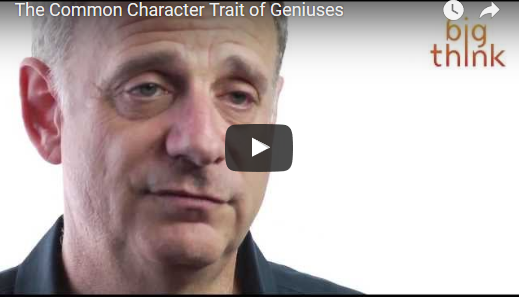
How to Build Critical Thinking Skills in Just 5 Steps

The Best #Dataviz of the Year: The IIB Awards Winners 2016
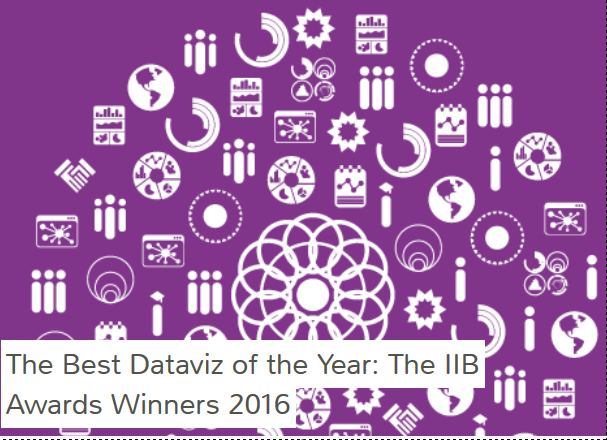
Retraction Watch – Blog qui surveille les articles scientifiques retirés
